Finance & Development - Rethinking Fiscal: Public Finance and Fairness in a Changed World
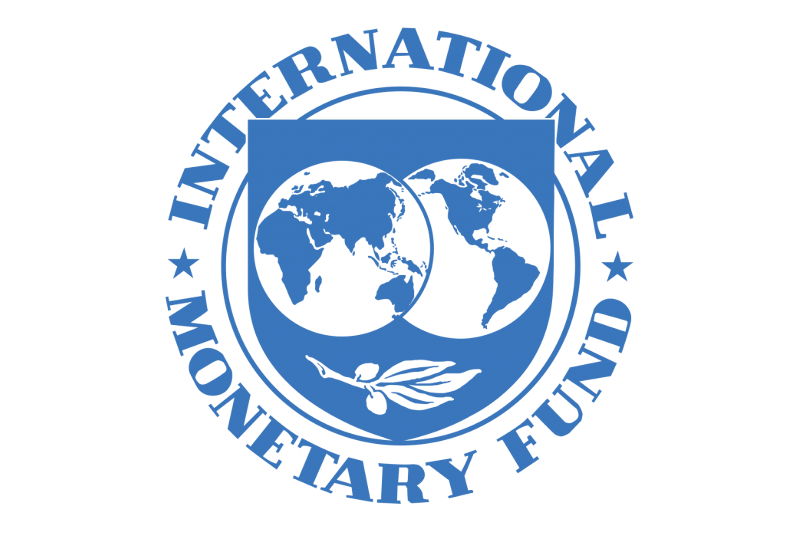
The International Monetary Fund (IMF) has published its March 2022 edition of Finance & Development which focuses on the need to rethink fiscal policy as public finance operates in an entirely different environment as was present before the pandemic. This is particularly important with regards to the African continent and covers issues such as unsafe debt and hidden liabilities, responsive spending in African nations addressing the need to democratise management of public finances, tackling inequality and regional inequity.
Nearly a century ago, Joseph Schumpeter wrote, “The spirit of a people, its cultural level, its social structure…all this and more is written in its fiscal history…. The public finances are one of the best starting points for an investigation of society.”
The innovative fiscal responses to the pandemic’s economic fallout bear him out. The power and agility of fiscal policy were far beyond what was previously thought possible. Governments channeled cash directly to households and businesses to save jobs and livelihoods. As the IMF’s Vitor Gaspar notes, these actions demonstrated government’s “special role in protecting the vulnerable when things go wrong.” But now, the bill is coming due. Governments face the tricky task of reducing unprecedented debt to more sustainable levels while ensuring continued support for health systems and the most vulnerable.
Cross-border trade in the pre- and post-pandemic environment: Evidence from Malawi, the United Republic of Tanzania and Zambia
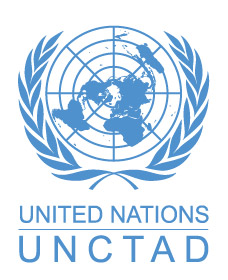
This report presents an assessment of capacity-building activities conducted by UNCTAD in Malawi, the United Republic of Tanzania and Zambia aimed at small-scale and informal cross-border traders, mainly women. It provides an original picture of informal and small-scale cross-border trade in the pre-and post-pandemic environment.
The assessment is based on the findings of interviews conducted with former training participants, and an online survey of government officials and representatives of cross border trade associations who were involved in the planning and delivery of UNCTAD training programme. The report also relies on previous analytical work carried out by UNCTAD on this topic.
Tanzania Economic Update 17 Final Report : Empowering Women - Expanding Access to Assets and Economic Opportunities
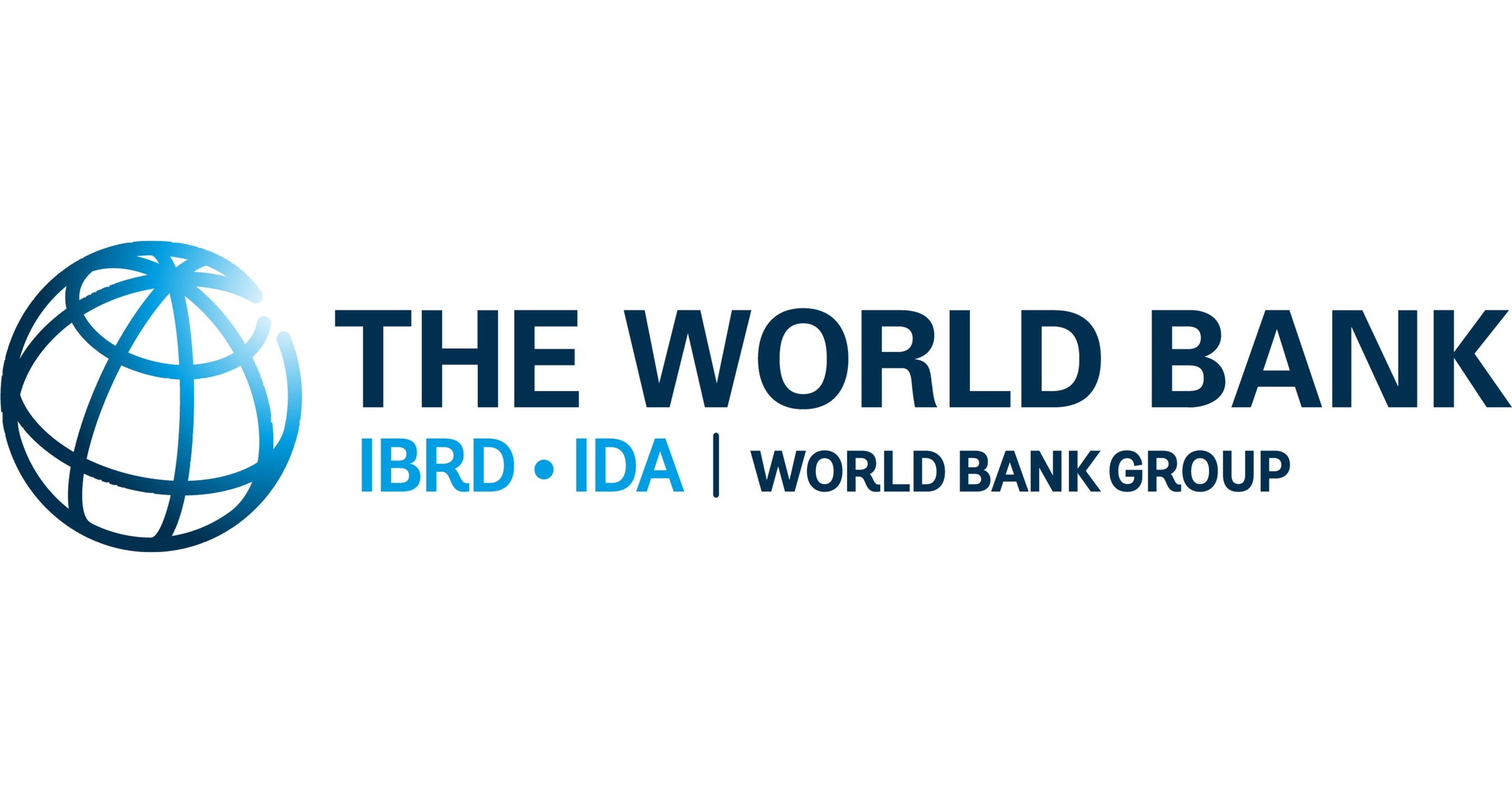
This edition of the Tanzania Economic Update includes a special focus section on women’s economic empowerment, which will play a pivotal role in achieving an inclusive and resilient post-crisis recovery. Tanzania has experienced over 20 years of sustained economic growth, culminating in its transition from low-income to lower-middle-income status in July 2020. Between 2007 and 2018, the national poverty rate fell from 34.4 to 26.4 percent, while the extreme poverty rate dropped from 12 to 8 percent. The Tanzania Development Vision 2025, which aims to enable the country to achieve middle-income status within the next three years, emphasizes gender equity in its social, economic, and political dimensions.
Industrial Development Report 2022. The future of industrialization in a post-pandemic world
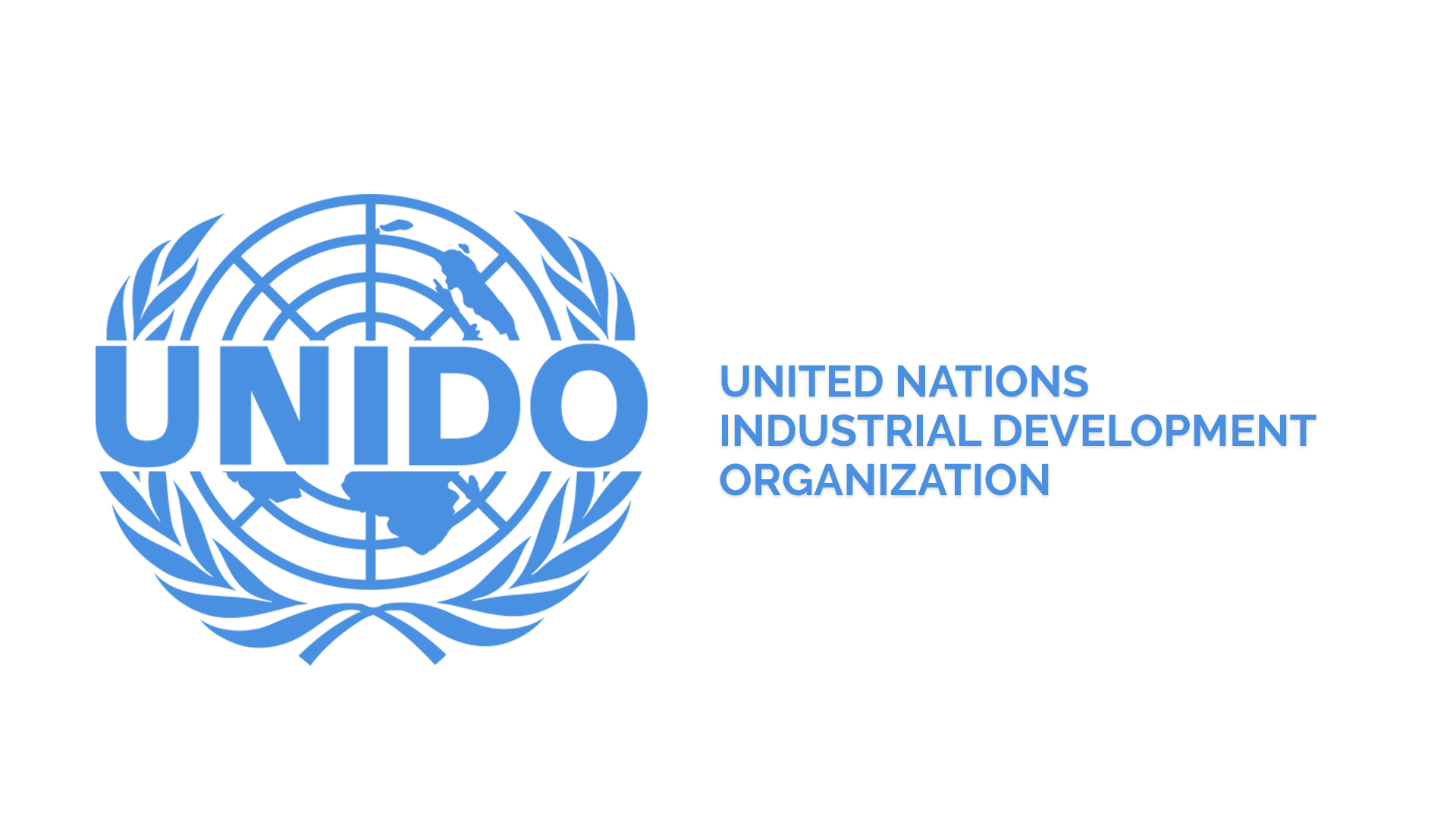
The United Nations Industrial Development Programme (UNIDO) has pubished their Industrial Development Report for 2022 which tackles the subject of the future of industrialisation in a post-pandemic world.
The COVID-19 crisis has demonstrated that manufacturing remains the backbone of our economies. Yet, it also shows the vulnerability of our production systems to sudden shocks. For the recovery to take hold, it is critical to understand how the pandemic has affected the industrial sector—and the prospects for the future of industrialization as economies all over the world continue to rebound and recover. The Industrial Development Report 2022 contributes to this discussion by providing evidence at the country, industry and firm level that documents the impacts of the crisis, and by examining the drivers of resilience and vulnerability in those same contexts. Findings documented in the report strongly re-affirm the centrality of Sustainable Development Goal (SDG) 9—which is at the core of UNIDO’s mandate—to the achievement of the 2030 Agenda for Sustainable Development.
Export potential under the African Continental Free Trade Area: Limited prospects for the least developed countries in Africa?

The United Nations Conference on Trade and Development (UNCTAD) has published a report on the prospects for least developed countries in Africa with regard to export potential under the African Continental Free Trade Area.
Free trade under the African Continental Free Trade Area commenced in January 2021. Countries agreed to remove tariffs on 90 per cent of goods, progressively liberalize trade in services and eliminate non-tariff barriers, to improve regional cohesion, create a single large African market and promote gross domestic product (GDP) growth through trade.
With the objective of guiding feasible policies and sectoral strategies at the national and regional levels, this policy brief highlights how countries in Africa, in particular the least developed countries, benefit differently from tariff liberalization and the removal of non-tariff barriers.
Climate Change 2022: Impacts, Adaptation and Vulnerability

The IPCC has finalized the second part of the Sixth Assessment Report, Climate Change 2022: Impacts, Adaptation and Vulnerability, the Working Group II contribution to the Sixth Assessment Report. It was finalized on 27 February 2022 during the 12th Session of Working Group II and 55th Session of the IPCC.
The Sixth Assessment Report consists of contributions from each of the three IPCC Working Groups and a Synthesis Report (SYR), which integrates the Working Group contributions and the Special Reports produced in the cycle. The meeting to draft the outline of the Sixth Assessment Report took place in Addis Ababa (Ethiopia) in May 2017. The draft outlines were approved by the 46th Session of the Panel in September 2017. More information on the sixth assessment cycle is available here.
Environment and International Trade: Latest Developments in the WTO and Their Possible Implications

CUTS International, Geneva, have published a report on the latest developents in the WTO and their implications for the environment and international trade.
The note provides a historical review of past work undertaken at the WTO on trade and environment issues. In addition, it highlights the latest development of the three trade and environment initiatives: the Trade and Environmental Sustainability Structured Discussions (TESSD), the Informal Dialogue on Plastics Pollution and Sustainable Plastics Trade (IDP), and Fossil Fuel Subsidy Reform (FFSR). The note further provides reflections for a way forward towards MC12 and beyond.
The World Trade Organization (WTO) contributes to environmental conservation and preservation through its mandate of ensuring sustainable development and avoiding protectionism, as well as through work in various WTO bodies and through its rules and enforcement mechanisms. The WTO’s objective is to reduce trade barriers while also safeguarding an ‘open and nondiscriminatory’ multilateral trading system, while at the same time working for the protection of the environment and sustainable development.
Infrastructure Quality and FDI Inflows : Evidence from the Arrival of High-Speed Internet in Africa

Does ambient infrastructural quality affect foreign direct investment (FDI) in developing countries? This paper investigates how the arrival of high-speed internet in Africa triggered FDI into the banking and technology services sectors. It also explores the role of complementary infrastructure, such as access to reliable electricity, in amplifying the impact of internet connectivity on investment. The identification strategy exploits plausibly exogenous variations in access to high-speed internet induced by the staggered arrival of submarine fiber-optic internet cables and the subsequent rollout of terrestrial fiber cable networks across locations on the continent. Findings from the paper show that access to high-speed internet induces FDI into the banking and technology sectors. However, the impact pertains mainly to countries with access to reliable electricity, thus highlighting the role of complementarities in the impact of infrastructure.
The Impact of Internet Access on Innovation and Entrepreneurship in Africa

Internet access has a substantial impact on the ability of people to innovate and allow for entrepreneurship. Covering this topic, the World Bank has published this paper.
This paper investigates the effects of access to high-speed internet on innovation and entrepreneurship in Africa. The identification strategy exploits the staggered arrival of submarine internet cables to the coast of Africa and the subsequent rollout of terrestrial fiber network across the continent. The findings show a positive effect of access to high-speed internet on innovation at the firm level, with availability of digital skills within the firm playing a key role in the internet-innovation nexus. The paper also finds evidence of internet-induced entrepreneurship: the probability that a household establishes a non-farm business increases when connected to the internet. However, the increase in entrepreneurial activities is largely concentrated in the service sector.
The European Investment Bank: A partner for Senegal
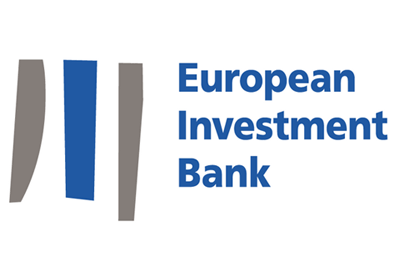
Covering the advantages of having the European Investment Bank as a partner in Senegal's continued development, the World Bank publishes this report.
The European Investment Bank has financed many dozens of projects across Senegal worth nearly €900 million. We offer financing and technical assistance where the needs are the greatest, such as the water, transport and green energy sectors. This work over the past six decades makes lives better in cities and rural communities, lifts the economy, and helps companies and society adapt to climate change. We are helping every region of Africa prepare for future challenges, recover from the COVID-19 crisis and complete long-term development projects that are sustainable.




